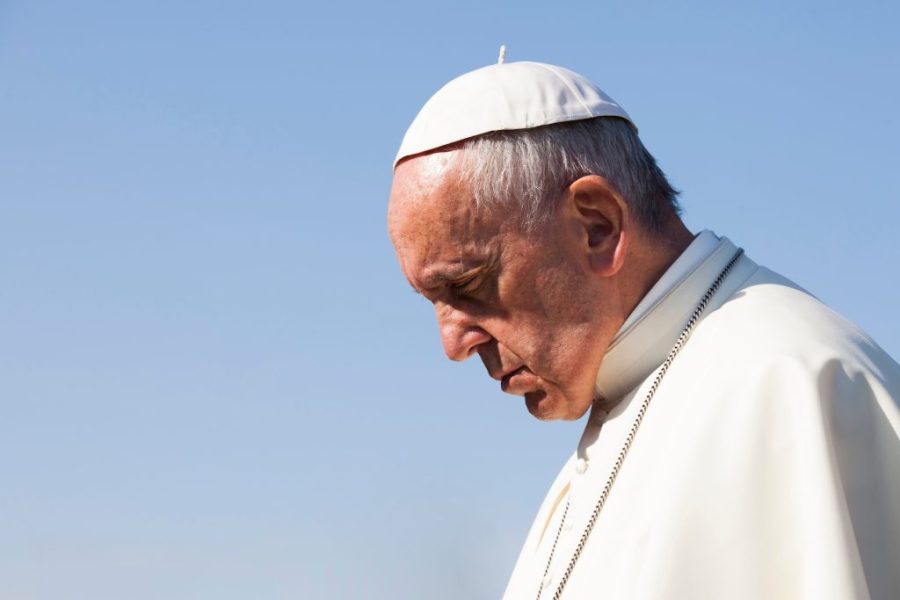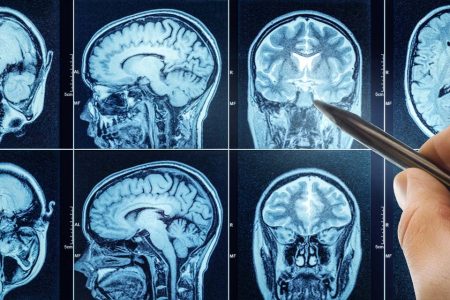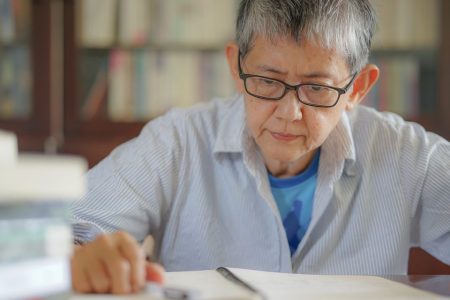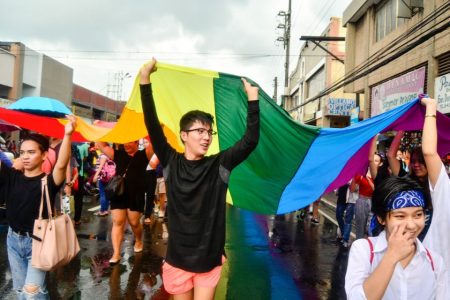Pope Francis, the progressive leader of the Catholic church, died at age 88 on Monday, the Vatican announced. Just a day earlier, on Easter Sunday, he was seen blessing the faithful from his wheelchair in St. Peter’s Square in Vatican City.
Born Jorge Mario Bergoglio in Argentina, Francis was the first pope from South America. He was widely regarded as a breath of fresh air for Catholicism, championing a more inclusive and compassionate church. Over his 12-year papacy, he became a powerful voice for the marginalised, migrants, and environmental causes, while promoting interfaith cooperation.
Francis had long suffered from chronic lung disease and was recently battling double pneumonia.
[See more: The Catholic church is canonising its first millennial saint]
“At 7:35 this morning, the Bishop of Rome, Francis, returned to the home of the Father. His entire life was dedicated to the service of the Lord and of his Church,″ Cardinal Kevin Ferrell, the Vatican camerlengo, said in an announcement on Monday.
Formerly the archbishop of Buenos Aires, Francis was elected as pope in March 2013, after the shock resignation of Benedict XVI. He became the first pontiff to take his papal name from St. Francis of Assisi, a saint closely associated with humility and reform.
Indeed, these characteristics quickly came to define Francis’ papacy. He was known for known for riding around in a modest Ford Focus and a preference for humble lodgings, as he addressed victims of sexual abuse by Catholic clergy, made the church a more welcoming place for members of the LGBT community, and improved its financial transparency. In the process, he alienated some of Catholicism’s traditionalists, along with progressives who complained he had failed to go far enough in their direction.
Jorge Mario Bergoglio was born 17 December 1936, in Buenos Aires, to Italian immigrant parents. He grew up playing basketball and dancing the tango, in a family that believed he would become a doctor. Instead, Bergoglio was ordained as a Jesuit priest in 1969. After decades of being considered something of a maverick within an almost 2,000-year-old institution, Bergoglio’s election as pope came as a surprise to many.
Francis travelled extensively during his papacy, often prioritising countries in the throes of war and poverty, and those often overlooked by other major figureheads. In September last year, Francis visited tiny Timor-Leste during his four-nation tour of Asia.
After the pope’s death, the Southeast Asian nation’s president, Jose Ramos-Horta, said the pope had left behind “a profound legacy of humanity, of justice, of human fraternity”.
In the SAR, meanwhile, Father Daniel Ribeiro from the local diocese told Radio Macau that Francis’ papacy had been defined by a “closeness to people, his simplicity, and his constant concern about the relationship between human beings and nature”.
“He was a human pope, much more than a pope focused on theological and dogmatic issues, and he left an extremely important legacy based on human and fraternal values in the relationship between humans and between humans and nature,” Ribeiro said.
While Macao has always embraced Catholicism thanks to its Portuguese heritage, China’s relationship with the church has long been tense. Christianity was banned at various points in China’s history, while today’s government pursues the policy of ‘Sinicization’ – where religious groups, including Catholicism and Islam, are required by law to align themselves with Chinese culture. The process had led to clashes with the government.
Francis, however, was committed to rapprochement between the Vatican and Beijing, and often spoke of his desire to visit China. During his time in Asia last year, he described the country as “a promise and a hope” for the Catholic church. “I admire China. I respect China. It’s a country with a millennial culture, with a capacity for dialogue and understanding that goes beyond other systems of democracy,” he said.
Above all, Francis will likely be remembered for his dedication to the world’s poor. As he surmised to Italian reporters back in 2015, “Without a solution to the problems of the poor, we cannot resolve the problems of the world.”
Francis’ death has launched a period of mourning, which will be followed by the election of a new pope.






